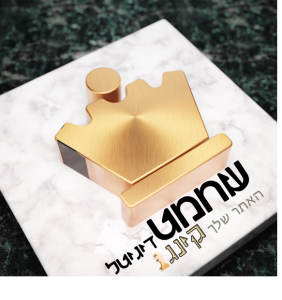Parshat Bo-IT’S NOT ONLY WHAT YOU DO, BUT THE WAY THAT YOU DO IT
IT’S NOT ONLY WHAT YOU DO, BUT THE WAY THAT YOU DO IT
One of the initial mitzvot of the Torah, the Korban Pesach (Paschal sacrifice), was given to the Children of Israel as a preface to their exodus from Egypt. The Israelites were inundated with a large numbers of details.; There are separate mitzvot for both the slaughter and eating of the Paschal offering; it was prohibited to eat the Korban Pesach if it was cooked or raw (it must be roasted over a fire); its meat may not be left over until the next morning; the offering may not be shared with an idol-worshiping Israelite, one uncircumcised or a gentile; the offering may not be taken out of the house where it was eaten; finally, the bones of the Pascal lamb, must not be broken, even while being eaten (separate bones may, however, be detached from each other).
That’s a lot of laws for one little lamb!
What is truly amazing is the where the prohibition of breaking of the meat bones are detailed in the Torah, a seemingly misplaced detail among the serious edicts such as who is permitted to eat the Paschal lamb and that the korban is a mitzvah which is incumbent on every Israelite.
The question is: why insert the issue of broken bones, a seemingly minor detail, together with the fundamentals of this most important mitzva l? Examining the prohibition against breaking any bone of the Korban Pesach, Sefer Hachinuch (#16) explains that it is not befitting the honor of the Royal Family to chew up bones as they eat their meat, just like dogs do. This is not just a culinary detail but a fundamental ordinance that defines the very attitude that Jews should have towards mitzvot. Though we eat in haste, we must eat with class. We should not break bones, especially of this mitzva meat. This highlights that a person’s actions while performing a mitzva is inherently reflective of his attitude toward the mitzva itself. For example The way you give charity (tzedaka), is almost as important as the tzedaka itself. When you perform a mitzva. it must be done with dignity refinement, grace and class.
The Torah, in placing this seemingly insignificant command about the way things are eaten together with the elaborate laws of who is to eat it, tells us that both the mitzva and the attitude are equally important – with no bones about it! .

 שחמט דיגיטל
שחמט דיגיטל